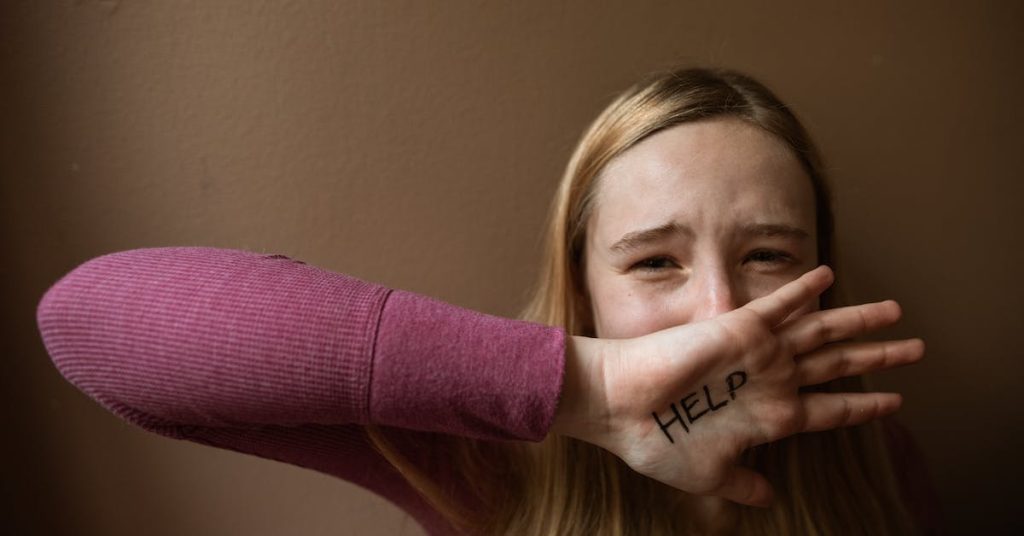In Australia, the concept of a child “divorcing” their parents isn’t recognised in the same way as marital divorce. However, there is a legal process known as “emancipation,” which can be somewhat similar.
Emancipation is a legal procedure by which a minor becomes legally recognised as an independent adult before reaching the age of majority (18 years in Australia).
What is Child Emancipation in Australia?
Child emancipation in Australia refers to a legal process whereby a minor (a person under the age of 18) is granted independence from their parents or guardians.
This process legally recognises the minor as an adult for certain purposes before they reach the age of majority. However, it’s important to note that the concept of child emancipation is not as formalised or common.
Minors considering emancipation must seek legal advice from an expert family lawyer to understand their rights, the legal process, and the implications of becoming emancipated. Moreover, exploring other available support systems and legal options that might be more appropriate for their situation is vital.
At What Age Can a Child Seek Emancipation from Parents?
There isn’t a specific, standardised age at which a child can seek emancipation from their parents.
Australia’s legal system approaches minors’ independence differently, and the age at which a minor might be considered for independence can vary based on circumstances and state or territory laws.
Generally, the closer a minor is to the age of majority (18 years in Australia), the more likely a court might consider granting them some form of independence if it’s deemed in their best interest. This is usually considered in exceptional circumstances, such as in cases of abuse, neglect, or irreconcilable breakdown in the parent-child relationship.
What are the Legal Requirements for a Child to Divorce Their Parents?
The legal requirements for a minor to seek independence or separation from their parents in Australia can vary depending on the specific circumstances and the state or territory. However, there are some general factors that are usually considered:
- Age and Maturity: The child should be of sufficient age and maturity to demonstrate the ability to make this decision and understand its implications.
- Financial Independence: The ability of the child to support themselves financially is a key consideration, as they would need to prove that they can live independently without parental support.
- Best Interests of the Child: The court will always consider what is in the best interests of the child. This assessment includes the child’s physical, emotional, and educational needs.
- Evidence of Conflict or Harm: Evidence of significant conflict, harm, or neglect within the family may be a factor. This could include situations of abuse or situations where the family environment is deemed harmful to the child’s wellbeing.
- Legal Representation: The child would likely need legal representation to navigate the process, and legal guardianship might be transferred to another adult or agency if deemed appropriate.
- Court Proceedings: The process would typically involve court proceedings, where a judge would assess all factors and make a decision based on the evidence presented.
- Alternative Solutions: Often, other solutions are considered before any form of legal separation is granted. This might include mediation, counseling, or intervention by child protection services.
- State and Territory Variations: The specific legal requirements and processes can vary between different Australian states and territories.
What Legal Rights Do Emancipated Minors Have?
Some of the legal rights that an independent or “emancipated” minor might have in Australia could include:
- Financial Independence
- Employment
- Housing
- Medical Decisions
- Education
- Legal Actions
- Privacy Rights
However, certain rights and privileges remain inaccessible until the minor reaches the age of majority (18 years in Australia), such as voting or consuming alcohol. Additionally, being emancipated does not absolve minors of legal age restrictions or the need to comply with age-specific laws.
Can Emancipated Minors Make All Legal Decisions Themselves in Australia?
Emancipated minors are still subject to certain legal limitations due to their age.
They are still bound by laws that apply to minors, such as those regarding voting, alcohol consumption, and other age-restricted activities.
While they can manage their own finances, there might be restrictions on certain types of financial transactions or contracts.
In some legal proceedings, minors might still require representation or consent from a guardian or legal advisor.
The rights and limitations can vary significantly between different Australian states and territories.
Can You Divorce Your Parents in Australia?
Navigating the complexities of legal independence from parents in Australia can be challenging.
At Justice Family Lawyers, we can offer expert guidance through this sensitive process. If you’re considering this significant step, don’t go it alone.
Contact us for a confidential consultation to explore your options and rights.
Let our experienced team provide the support and legal expertise you need. Reach out to Justice Family Lawyers – where your future and independence matter to us.
Principal of Justice Family Lawyers, Hayder specialises in complex parenting and property family law matters. He is based in Sydney and holds a Bachelor of Law and Bachelor of Communications from UTS.






